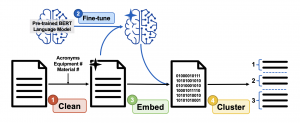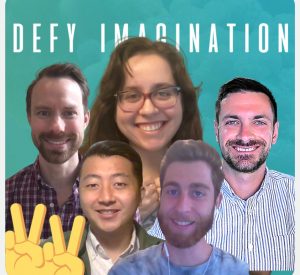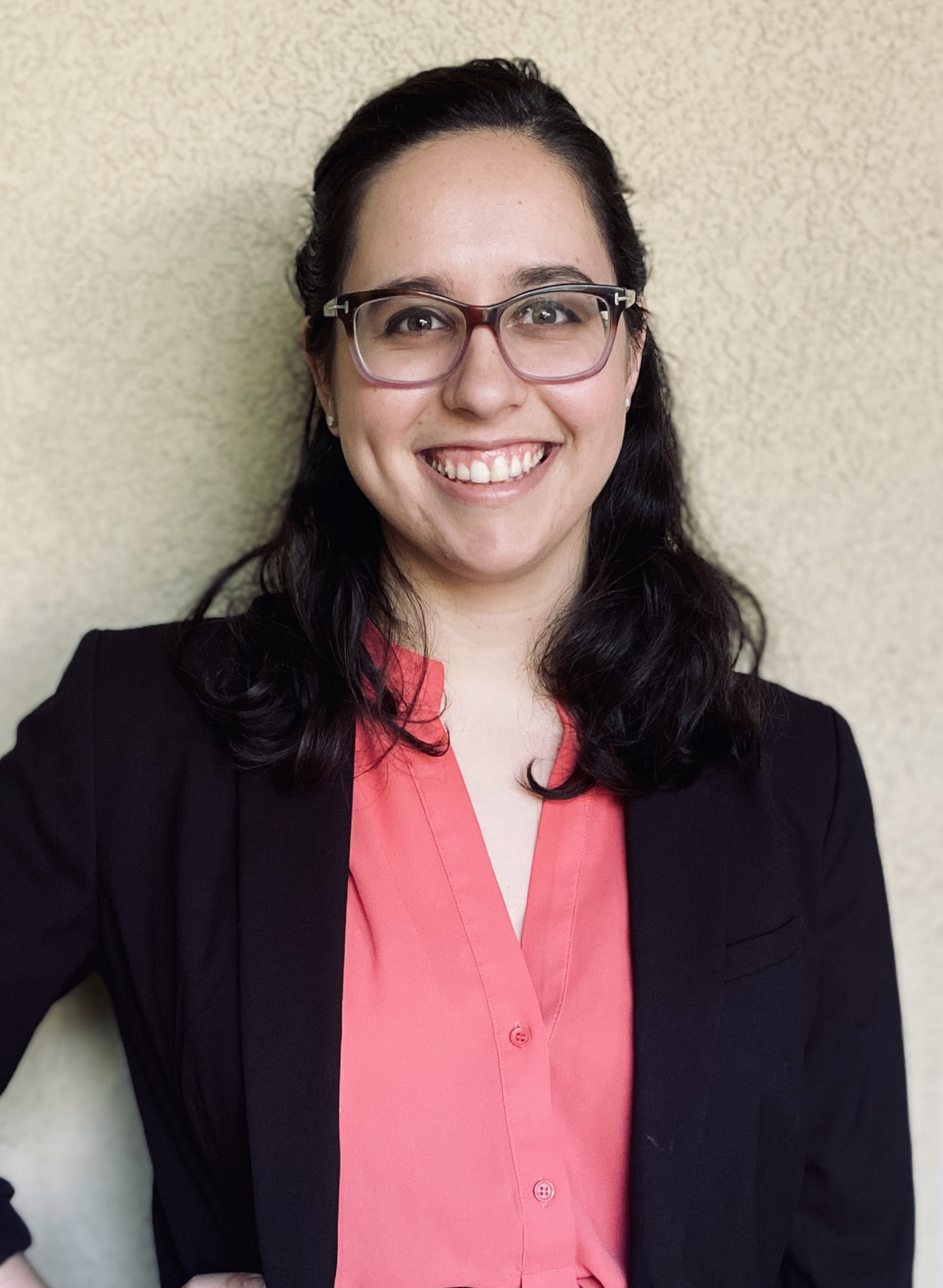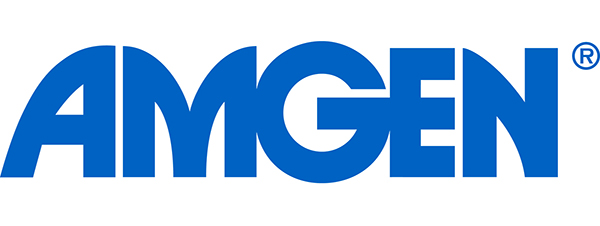What was your internship project/scope?
My internship was at Amgen within their Quality organization focusing on deviation investigations. Whenever something goes wrong in the manufacturing process (aka. a deviation), Amgen conducts a thorough investigation to figure out what caused the problem and prevent it from happening in the future. The results of the investigation are written into a detailed report which is stored in Amgen’s systems and rarely referred to again. The goal of my project was to extract information from these historical deviation investigation reports that could be used to inform future investigations. The challenge was that we were working with mostly free-text data describing the deviations and their causal factors. Therefore, we used natural language processing techniques including deep learning models to group records together based on the textual meanings. Over the course of the project, I explored a variety of techniques to add structure to this unstructured dataset experimenting with different classification schemes and methodologies.
How is your thesis going so far?

I’m currently working on revising my thesis draft based on feedback from my faculty advisors and from my Amgen manager. So far, writing the thesis has been much smoother than I expected. Before and during the internship it seemed like such a daunting task. I was scared it would take forever, and I wouldn’t know what to write. But I was completely wrong! After 6 months of internship, I’ve had plenty to write about. It’s actually been a challenge to figure out what not to include because it turned out longer than I expected. The hardest part was getting started, but after that, the writing went pretty quickly.
What coursework informed your internship the most?
My project is very data science focused so I definitely have pulled from the “Statistics and Data Science”, “Probability”, and “Intro to Python” classes that we took during our first LGO summer. But I feel the classes that helped me the most have been the more qualitative classes. I already had a background in analytics, but over the course of LGO, I’ve really grown in my soft skills and learned new ways of looking at problems. For example, our fall core class “Organizational Processes” taught us to think about the culture, politics, and structure of an organization when trying to enact change. In my project, this was really helpful in thinking about how a potential technology might be received by the intended users and reminded me to think critically about the organization as a whole and not just about the technology. Another class I found useful was “Operations Strategy” where we did case studies about companies at operational crossroads. While the concepts weren’t directly applicable to my internship project, I learned how to think about operational problems and it made me much more confident throughout my internship.
What were the difficulties or challenges you experienced before/during/after your internship?
The biggest challenge overall has been figuring out what direction to take the project. I was really lucky that Amgen had already gathered most of the data that I needed so I could focus on developing a methodology. Amgen was very open to me exploring the data and trying interesting ideas which was great, but it meant there were so many things that I could do and it felt overwhelming at first. At one point, we seemed to completely change direction every other week. Eventually, there were so many ideas that I had to decide to pick a few methods and focus on those. After the internship was over, I had to decide what to include in the thesis since there were so many different methodologies explored. It was definitely a challenge to synthesize and organize all the results.

What do you think was the most valuable part of the internship for you?
Working on the project itself was really fun and I thought the problem was fascinating but for me, the most valuable part of the internship was actually the experience of navigating the organizational dynamics. That’s something that you can only get in this kind of industry work. For my project, I collaborated with two MIT PhD students who sometimes had different opinions than me about the direction we should take. It was a great learning experience for me to manage the competing priorities and timelines including Amgen’s goals for the project, my need to have content suitable for a thesis, and my collaborators need to develop novel methods. That kind of complex dynamic is not something that can be experienced in a classroom. Since the end of the internship, I’ve been able to reflect on the experience and think about how I might respond to this kind of situation in the future in the working world.
What were your expectations regarding the internship before you started LGO? What surprised you about the internship process?
Before starting, I was worried about two possible things happening with the internship: 1) I would just be doing miscellaneous work that my manager wanted me to do, and I wouldn’t have much control over the projects I worked on, or 2) the project would be too broad, I would have no idea where to start, and I wouldn’t be able to provide value to the company. Luckily neither of these things happened! I had a lot of say in what I was working on, but Amgen still provided enough guidance to help me get started. Amgen has hosted many interns and from my experience, was very supportive of me focusing on a single project. I was also surprised how open they were to feedback and input from my findings. It can be challenging when the results may not be what they expected but I think as an LGO, you garner much more respect than you may think. Based on conversations towards the end of my internship, it looks like they plan to implement my project which is very exciting!



